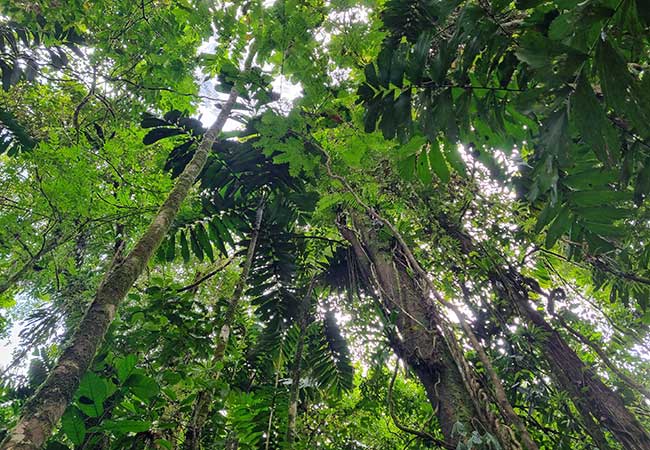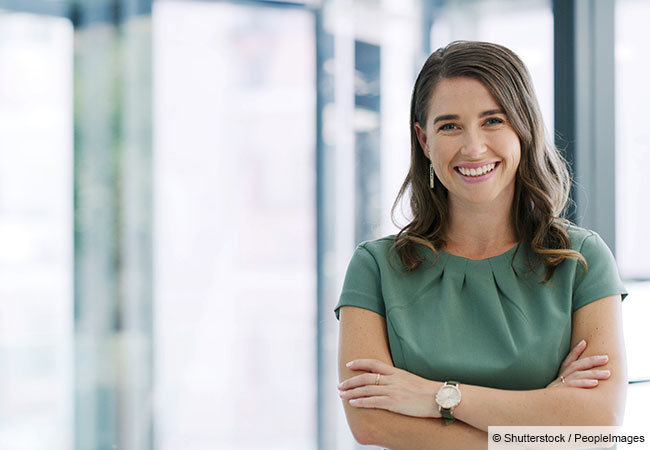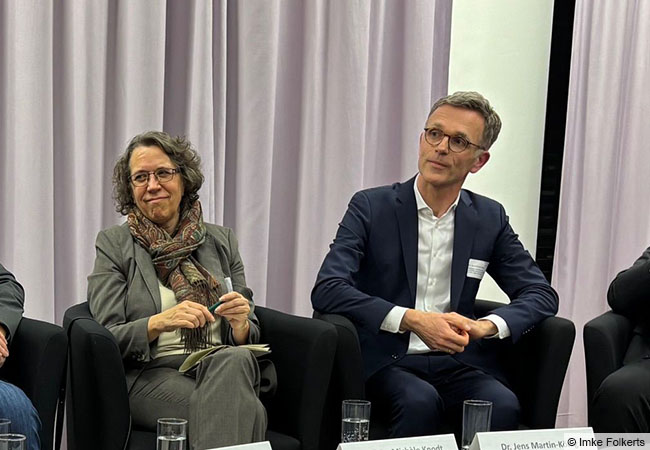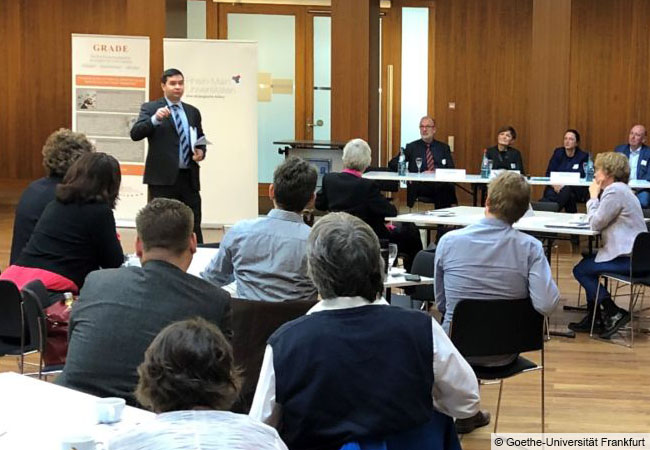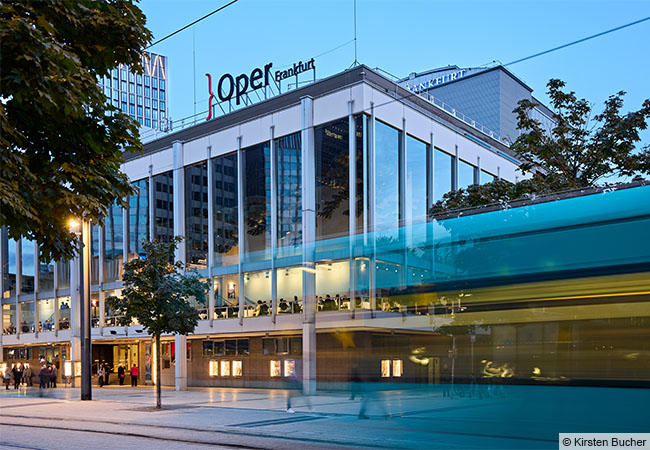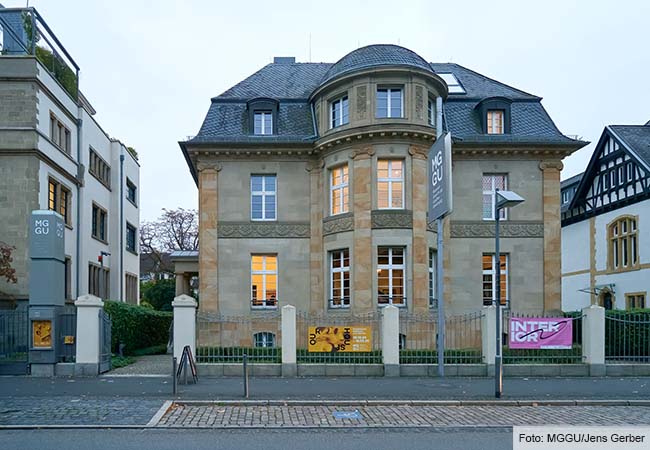Studiengalerie 1.357 shows performance video by and video interview with American artist Adrian Piper.
From December 11 to January 23, Goethe University’s Studiengalerie 1.357 will be showing the performance video “Adrian Moves to Berlin” (2007/2017) by artist Adrian Piper, as well as the video interview “Adrian Piper Interview: Rationality and the Structure of the Self” (2007-2010, by Robert Del Principe).
The work of internationally renowned conceptual artist and analytical philosopher Adrian Piper has had a decisive influence on contemporary art and society since the 1960s. The exhibition focuses on “Adrian Moves to Berlin” (2007/2017). The video shows a performance on Berlin’s Alexanderplatz: Adrian Piper dances for an hour to house music from the early 2000s. The work can be viewed as a homage to the German capital, where clubs became central meeting places after reunification. In “Adrian Moves to Berlin”, the artist uses dance as a form of expression and a political medium. Dance overcomes disciplines, takes up space and breaks down social boundaries. With her movements, Piper invites the audience to question categories such as gender, origin and social roles. Mechanisms of perception and attribution are met with humor.
Adrian Piper has created groundbreaking works throughout her career as a conceptual artist. Her artistic practice encompasses a wide range of media – from photo-text collages, video and sound installations to performances and sculptural works. An insight into her research into metaethics and Kant’s philosophy, with which she became known in philosophical discourse, is provided in the video interview “Adrian Piper Interview: Rationality and the Structure of the Self” (2007-2010, by Robert Del Principe). Piper’s entire oeuvre is characterized by the analysis of identity, the deconstruction of social attributions and the question of the constitution of the self.
Adrian Piper (*1948 in New York City, USA) is an artist and philosopher who has been living in Berlin since 2005. Piper graduated from the School of Visual Arts in New York in 1969. She studied philosophy at the City College of New York and at Harvard University, where she earned a Master’s in 1977 and a PhD in 1981 under the supervision of John Rawls. She taught philosophy at Georgetown, Harvard, Michigan, Stanford and UC San Diego. Her recent solo museum exhibitions include: PAC Padiglione d’Arte Contemporanea, Milan (2024), MoMA, New York (2018), Hammer Museum, Los Angeles (2018), Hamburger Bahnhof, Berlin (2017), CPH Kunsthal, Copenhagen (2006), and MACBA Barcelona (2004). Piper has received numerous awards for her work, including the Golden Lion of the Venice Biennale (2015), the Käthe Kollwitz Prize of the Akademie der Künste Berlin (2018) and the Goslarer Kaiserring (2021).
STUDIENGALERIE 1.357, founded in 2010, is a teaching and learning project at Goethe University’s Humanities Research Centre. The gallery sees itself as a place of teaching and learning in which current socio-politically relevant topics are brought into the university through art. Students learn how to deal with complex topics by internationally recognized artists. Studiengalerie 1.357 is open to the public and is aimed at both a university audience and Frankfurt civil society.
Further information on the exhibition and Studiengalerie 1.357.


